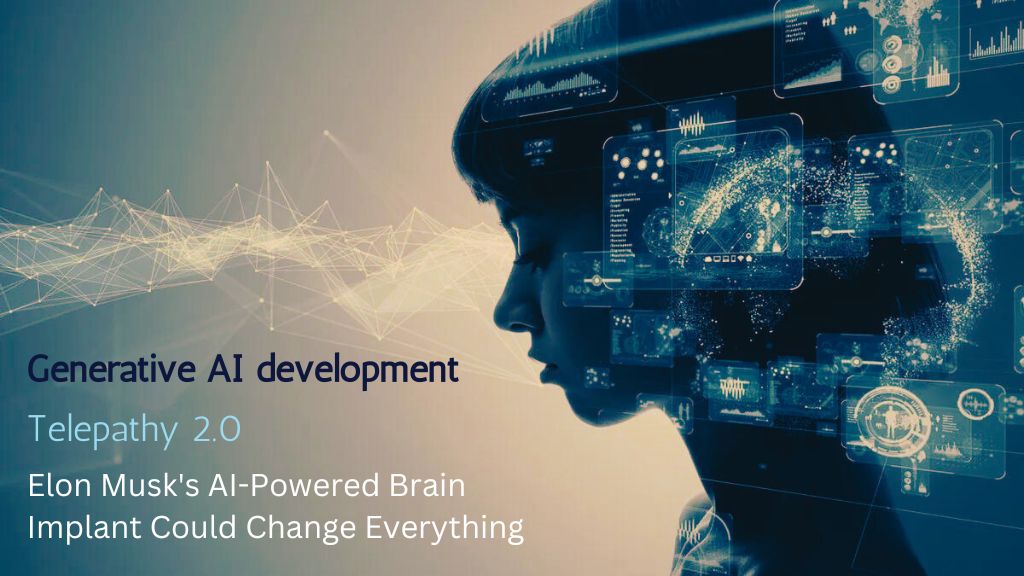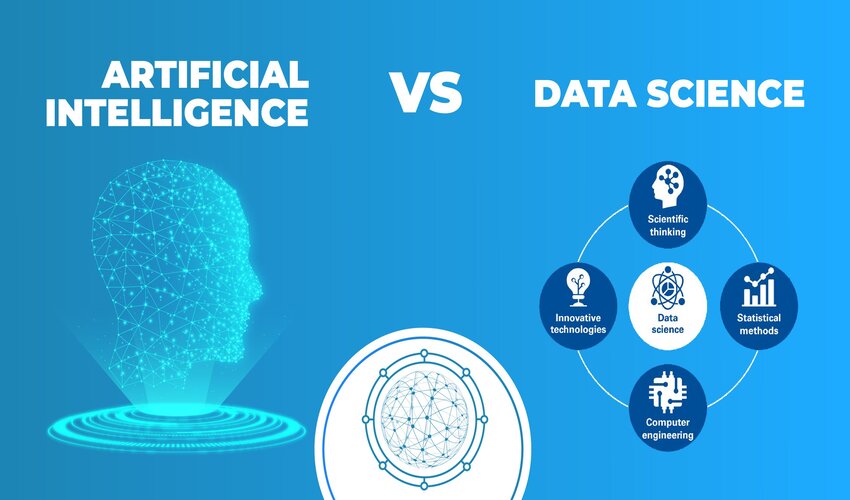“The future of customer acquisition is here, and it doesn’t require massive ad budgets. Our agency has built cutting-edge solutions that empower financial institutions to attract paying customers through AI agents—at a fraction of the cost of traditional campaigns. Those who adapt will lead, while others will be left behind.” — Paul Shumsky, CEO of Abrany
For years, the financial industry has operated under an unspoken rule: those with the deepest pockets win. Large banks, fortified by multi-million-dollar marketing budgets, have long held a monopoly over the most lucrative financial products—mortgages, auto loans, credit cards. Meanwhile, smaller institutions, despite offering competitive rates and personalized service, have struggled to break through the noise.
But the rules are changing.
AI search agents—intelligent systems capable of delivering precise, context-aware responses in real time—are transforming how consumers discover and engage with financial products. No longer constrained by traditional search engine rankings or expensive ad campaigns, banks of all sizes now have an opportunity to compete on a level playing field.
Although AI search adoption remains in its early stages and many consumers still rely on conventional channels, the landscape is shifting. Research conducted by Abrany among financial institutions, supported by insights from our analytics tools, shows that 7% of customers are already discovering financial products through AI-driven search tools. This number is growing steadily, signaling a profound change in how consumers seek financial services.
A Fundamental Shift in Consumer Behavior
For decades, banks and financial institutions relied on a simple equation: dominate search rankings, flood the market with ads, and customers will come. Search engines, acting as digital gatekeepers, rewarded those who invested heavily in SEO and pay-per-click campaigns. Institutions with the resources to outspend their competitors inevitably won.
That dynamic is now obsolete. Consumers are moving away from sifting through search results. Instead, they turn to AI-driven assistants like ChatGPT, Gemini, and other advanced algorithms that filter vast amounts of data to provide direct, highly relevant answers. These AI agents do not simply retrieve links—they synthesize information, prioritize expertise, and eliminate the need for traditional web searches altogether.
For financial institutions, this represents both an opportunity and a challenge. The battle for visibility is no longer fought with ad dollars but with credibility, authority, and the ability to provide valuable insights that AI deems worthy of surfacing.
The End of Traditional Marketing Playbooks
Smaller banks have long been at a disadvantage, unable to compete with the advertising war chests of industry giants. Traditional marketing strategies—SEO-driven content, banner ads, and keyword-stuffed blog posts—offered limited returns, forcing institutions to accept a second-tier status.
AI search has rewritten those rules. Rather than prioritizing brands with the largest ad budgets, AI-driven discovery rewards institutions that offer clear, well-structured, and genuinely useful content. The financial services industry, which once thrived on aggressive marketing tactics, now faces a stark reality: institutions that fail to provide substantive, high-value insights risk disappearing from the customer’s consideration set entirely.
This shift has created three major challenges:
- Loss of Direct Customer Interaction: AI agents now serve as intermediaries, delivering tailored financial advice without necessarily directing users to specific bank websites. This results in fewer direct touchpoints and less control over messaging.
- Erosion of Brand Power: Consumers are no longer making choices based on advertising or name recognition. Instead, AI prioritizes unbiased, data-backed recommendations, reducing the influence of traditional brand-building efforts.
- The Rise of Commoditization: AI models assess financial products based on objective value rather than marketing narratives. Without a strategy to stand out, banks risk being lumped together in generic AI-generated comparisons.
Winning in an AI-Driven Market Requires a New Expertise
Financial institutions that succeed in this evolving landscape will not be those that spend the most on advertising but those that understand how AI search agents operate—and how to work within their frameworks.
This demands a shift from traditional digital marketing to AI-focused content strategies, requiring expertise in:
- AI-Optimized Content Creation: Banks must produce in-depth, structured, and authoritative content that AI agents recognize as valuable. Promotional material will be ignored in favor of detailed, fact-based insights.
- Thought Leadership and Credibility: AI pulls information from a broad range of sources, including research papers, expert commentary, and industry reports. Institutions that establish themselves as authoritative voices will gain disproportionate visibility.
- Multi-Platform Presence: Unlike traditional SEO, which revolves around ranking web pages, AI-driven discovery pulls data from across the digital ecosystem. Banks must ensure their expertise is referenced in high-trust sources—industry forums, financial publications, and regulatory reports.
The Future of AI-Driven Financial Services
AI search agents are not a passing trend; they are the future of digital discovery. Banks that ignore this shift will find themselves struggling for relevance, while those that adapt will emerge as leaders in a rapidly evolving industry.
The institutions that embrace AI-driven content strategies, prioritize authority over advertising, and invest in meaningful customer education will not only survive this transformation—they will define it.
In the age of AI search, the race is no longer about who can spend the most. It’s about who can provide the most value.
















